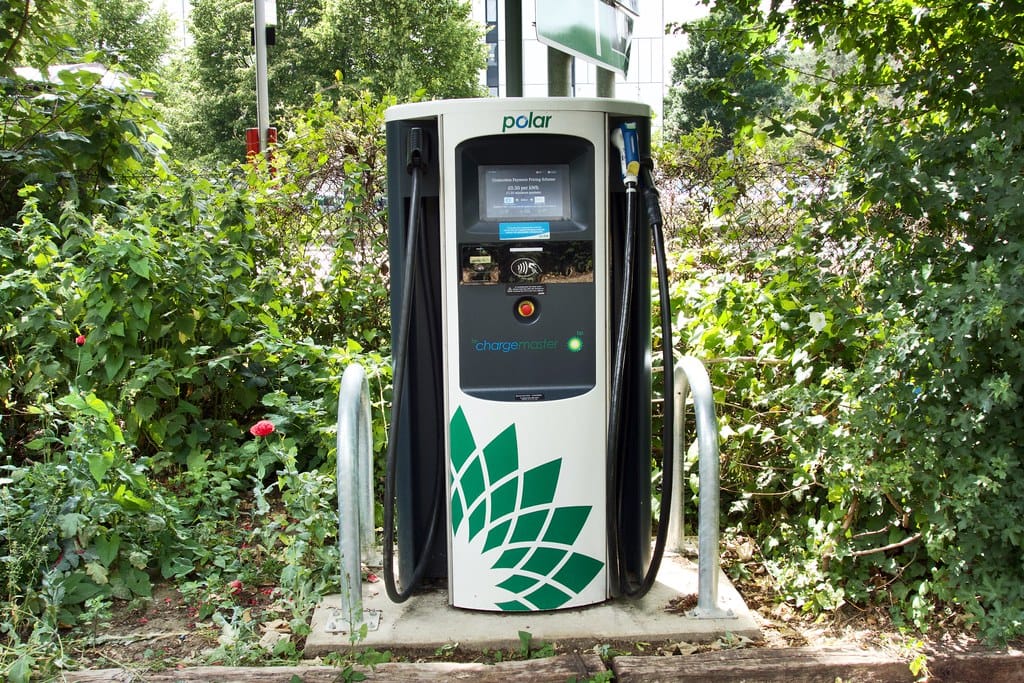Hyundai's Electric Revolution: How a 50% Sales Surge Signals a Shifting Auto Landscape
Hyundai Motor Company has delivered a stunning performance in the electric vehicle market, with EV sales skyrocketing 50% compared to July 2024. This remarkable surge positions the South Korean automaker as a formidable challenger to Tesla's dominance and signals a broader transformation in the global automotive industry. As traditional automakers race to electrify their fleets, Hyundai's impressive numbers suggest that the EV market is entering a new phase of intense competition and rapid adoption.
The Numbers Tell a Compelling Story
Hyundai's electric vehicle division has become a powerhouse, with the company selling over 31,000 electric vehicles globally in recent months—a dramatic increase that caught industry analysts by surprise. The IONIQ 5 and IONIQ 6 models have been particular standouts, with the IONIQ 5 alone accounting for nearly 60% of the brand's EV sales.
This surge isn't limited to a single market. In the United States, Hyundai's EV sales jumped 54% year-over-year, while European markets saw even more impressive gains of 62%. The company's success spans multiple vehicle categories, from compact SUVs to luxury sedans, demonstrating broad consumer appeal across different demographics.
What's Driving Hyundai's Electric Success?
Competitive Pricing Strategy
One of Hyundai's key advantages has been its aggressive pricing strategy. The IONIQ 5 starts at approximately $33,000 after federal tax credits in the US market, making it significantly more affordable than comparable Tesla models. This pricing approach has opened electric vehicles to a broader range of consumers who were previously priced out of the premium EV market.
Advanced Technology and Design
Hyundai has invested heavily in cutting-edge EV technology, including ultra-fast charging capabilities and impressive range. The IONIQ 5 can charge from 10% to 80% in just 18 minutes using a 350kW fast charger, addressing one of consumers' primary concerns about electric vehicle ownership. The company's distinctive design language, featuring clean lines and futuristic aesthetics, has also resonated strongly with younger buyers.
Strategic Market Positioning
Unlike some competitors who started with luxury vehicles, Hyundai entered the mass market from the beginning. This strategy has allowed the company to capture market share across multiple price points and vehicle segments simultaneously.
Industry Implications and Market Dynamics
Hyundai's success reflects broader trends reshaping the automotive landscape. The company's rise comes as traditional luxury EV makers face increased scrutiny over pricing and availability. Tesla, while still the market leader, has seen its growth rate slow as competition intensifies.
The surge also highlights the importance of manufacturing capacity and supply chain management. Hyundai's ability to scale production quickly has been crucial to meeting growing demand, while some competitors have struggled with production bottlenecks and component shortages.
Challenges and Future Outlook
Despite this impressive growth, Hyundai faces significant challenges ahead. The global EV market is becoming increasingly crowded, with new entrants from China and established European manufacturers launching competitive models. The company must also navigate evolving regulatory landscapes, including changing tax incentive structures and new safety requirements.
Supply chain resilience remains a critical concern, particularly for battery components and rare earth materials. Hyundai has been investing in vertical integration and strategic partnerships to secure its supply chain, but global economic uncertainties could still impact production.
The Road Ahead
Hyundai's 50% sales surge represents more than just a quarterly success story—it signals a fundamental shift in the electric vehicle market toward mainstream adoption. The company's ability to combine competitive pricing, advanced technology, and appealing design has created a winning formula that other automakers are scrambling to replicate.
As the EV market continues to mature, Hyundai's recent performance suggests that success will increasingly depend on manufacturers' ability to deliver compelling value propositions rather than relying solely on early-mover advantages. For consumers, this competition is driving innovation and making electric vehicles more accessible than ever before.
The question now isn't whether electric vehicles will dominate the automotive future, but rather which companies will successfully navigate the transition. Based on recent performance, Hyundai has positioned itself as a serious contender in this high-stakes race toward electrification.

